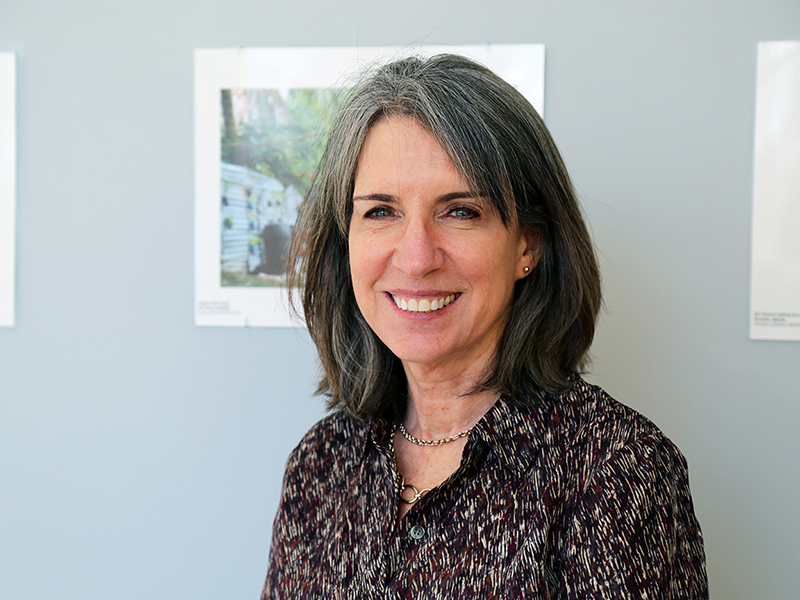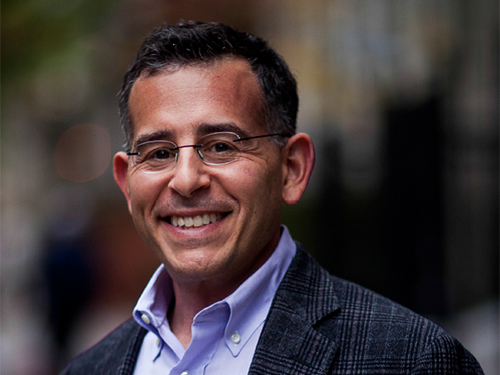Researchers at Brandeis University’s Heller School for Social Policy and Management have received a two-year, $332,000 grant from the Robert Wood Johnson Foundation to build the Brandeis Opioid Research Clearinghouse. The project is headed by Principal Investigator (PI) Cindy Parks Thomas, PhD’00 and co-PI Andrew Kolodny.
This new online project will help community-level agencies and programs respond to the ongoing opioid addiction epidemic by acting as a resource hub for state legislation, new relevant research, public data, case studies and innovative care models. For many communities—especially in rural areas—the evidence base for addressing the opioid crisis is limited and often difficult to access.
Project PI Cindy Parks Thomas, PhD’00, says “The opioid epidemic has reached communities across the nation. There’s no family that doesn’t at least know somebody who’s been touched by the epidemic. To their credit, federal and state governments have devoted a lot of resources and funding to different communities to develop necessary surveillance, intervention and treatment programs.”
This recent increase in funding has resulted in a flood of new data and research on the opioid epidemic. As programs and projects take off in disparate parts of the country, the valuable lessons they learn and the data they generate is rarely shared with the broader opioid treatment and surveillance community.
Thomas says, “This project will synthesize new information for local officials, legislators, treatment providers and individuals and families impacted by the opioid crisis. They’ll be able to see examples of new activities, learn about new regulations, find out what other states are doing and share their own ideas and innovations in their communities.”
Although the Opioid Research Clearinghouse will collect and curate this information for any community that is focused on these issues, the project will have a special focus on rural and otherwise isolated communities. Thomas says, “Rural areas in particular have a real problem increasing treatment for opioid use disorder (OUD). Only half of the counties in the country have even one healthcare provider who will treat OUD. This project recognizes the fact that rural communities need access to more information.”
Thomas, who is a professor and associate dean for research, is also affiliated with Heller’s Opioid Policy Research Collaborative (OPRC) at the Institute for Behavioral Health. OPRC Co-Director Andrew Kolodny joins Thomas as co-PI on this new project. He says, "Diverse stakeholders, including health insurers, health departments, legislators and medical centers are implementing programs and policies across the country to address the opioid crisis. Our clearinghouse will catalog these efforts so that policymakers, health officials and others can learn from one another."
The two-year project launched in November 2018 and the team hopes to release the clearinghouse website to users within 12 months. They will begin by gathering data and research and growing their already-extensive network of stakeholders. Eventually they will also produce issue briefs and webinars that synthesize new and emerging research on opioid epidemic best practices.
“There is now a great deal of public attention on the opioid epidemic, which is an improvement,” says Thomas. “That also means there’s a lot of new information out there that people don’t know about, information that could make a difference to people working on OUD treatment and surveillance in their own community. Our hope is to fill that gap, and to connect people with the resources they need on the ground.”


